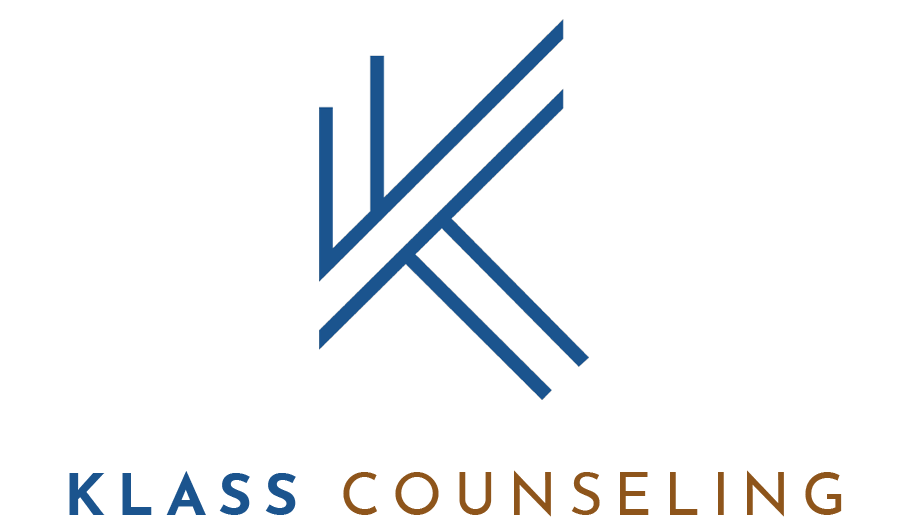Services
Psychotherapy
Individual Therapy: I help people navigate and manage anxiety, depression, trauma, relationship issues, major life transitions, adjustment difficulties, and substance use issues. I work primarily with adults 18 and up, including college and graduate students. I tailor evidence-based treatments to meet each client’s individual needs. My primary approach to psychotherapy is Acceptance and Commitment Therapy (ACT), an evidence-based model supported by decades of research. ACT helps you learn how to live and enjoy the moment, to let go of thoughts that don’t serve you, to find the courage to face pain and act to create a better life for yourself. The intent of ACT is to not only help you understand who you are and how you got to be there, but to help you develop an understanding of yourself free enough to figure out who you want to become. I also incorporate elements of cognitive behavioral therapy (CBT) and dialectical behavioral therapy (DBT) into my work.
Couples Therapy: In couples therapy, the relationship is the client. I work with couples to help them improve communication, learn to fight fairly, identify unhelpful patterns, and, ultimately, assess the state of the relationship in order to chart a path forward, whether together or apart. My approach is informed by the Gottman Method, and I have completed Level 1 Training of Gottman Method Couples Therapy.
Separation & Divorce
In my separation and divorce practice, I provide a variety of services to individuals, couples and families before, during and after separation or divorce. Depending on your needs, I can serve as a divorce coach, a mediator or a parent coordinator. In all of these roles, I work with clients to help them resolve their differences in a respectful manner. When children are involved, I help co-parents improve cooperation and communication while reducing conflict.
Divorce Coaching: Divorce coaching is a very proactive, solution focused approach that is geared towards helping you overcome the challenging hurdles and obstacles you are likely to encounter through the divorce process. While this service is typically referred to as “divorce” coaching, it is of course available to people who are contemplating divorce or who were never married to their partner. While coaching is not therapy, it often includes helping clients manage emotions related to the separation or divorce. Divorce coaching may also include devising plans on how to problem-solve and move forward, and how to communicate effectively with a former partner, particularly when children are involved.
I offer divorce coaching as part of, and separate from, the Collaborative process.
- Collaborative Coaching: The Collaborative process is a respectful, lower-conflict way to end a marriage (or non-marital relationship) without going to court. This process is team-based and involves a Collaborative Coach, with each person represented by their own Collaboratively-trained lawyer. Sometimes financial professionals and child specialists are also involved. As a member of the DC Academy of Collaborative Professionals, I serve as a collaborative coach, collaborating with attorneys and financial specialists to help clients reach mutually acceptable solutions without resorting to litigation. Depending on the situation, I may serve as neutral coach for both parties, or as an individual coach. I help clients arrive at financial and property settlements in connection with their attorneys and financial professionals, as well as address parenting and custody issues when children are involved. The Collaborative team works together to help the parties create a mutually acceptable and durable settlement while staying out of court.
- Independent Coaching: I also provide divorce coaching to clients who are not going through the Collaborative process. In this role, I support individual clients by helping them manage their emotions related to the divorce process. I work with clients to identify what is most important to them in the divorce process, including identifying goals for themselves (and their children, where applicable). I may also help clients enhance their communication skills so they can advocate effectively for themselves (and for their children, where applicable) and articulate their goals and needs.
Parent Planning Mediation: Mediation is negotiation with the assistance of a trained impartial and neutral person who helps the parties bridge their differences. Mediation leaves the decision-making power in the hands of the parties. Parties can, but are not required (except in the Collaborative model), to be represented by counsel. In my role as a mediator, I bring my skills as an attorney and a therapist to bear to help clients develop or modify a comprehensive parenting plan, and teach parents communication skills to enable a healthy co-parenting relationship. Parenting plans can include agreements about holidays, summers, make-up time, and any other issues that are relevant to a particular family. Parents are able to review various models for time sharing with me, and have the opportunity to discuss the needs of their children.
Parent Coordination: Parent Coordination is a service provided to parents who are heading into separation and divorce, or who have already completed the divorce process. This service is focused on helping parents make healthy decisions about their children. In this role, I help clients make decisions together about their children, and sometimes help clients work on the transition from parenting as a couple to parenting as co-parents. Parent Coordination is not therapy. It is not aimed at working on marital issues, nor on resolving marital problems. Parent coordinators are not focused on the past, but stay focused on the present and future.
Career Counseling
As a career-switcher myself, I’m keenly interested in clients’ motivations for exploring change. I assist clients in identifying patterns, in themselves or in the workplace, that might be getting in the way of greater career satisfaction. I also help clients explore the relationship they have with work, and how this influences their perspective on their current job and on potential future job opportunities.
It’s also probably helpful to explain what I do not do — I do not do any kind of testing, headhunting or resume creation/review.
I find that some career counseling is relatively brief but sometimes develops into a longer engagement when our conversations open up other areas of self that clients want to explore.




